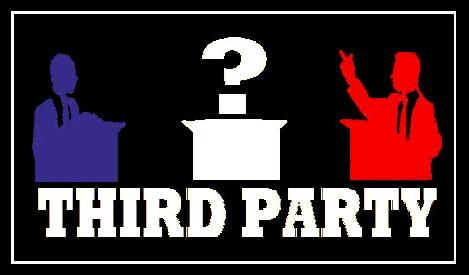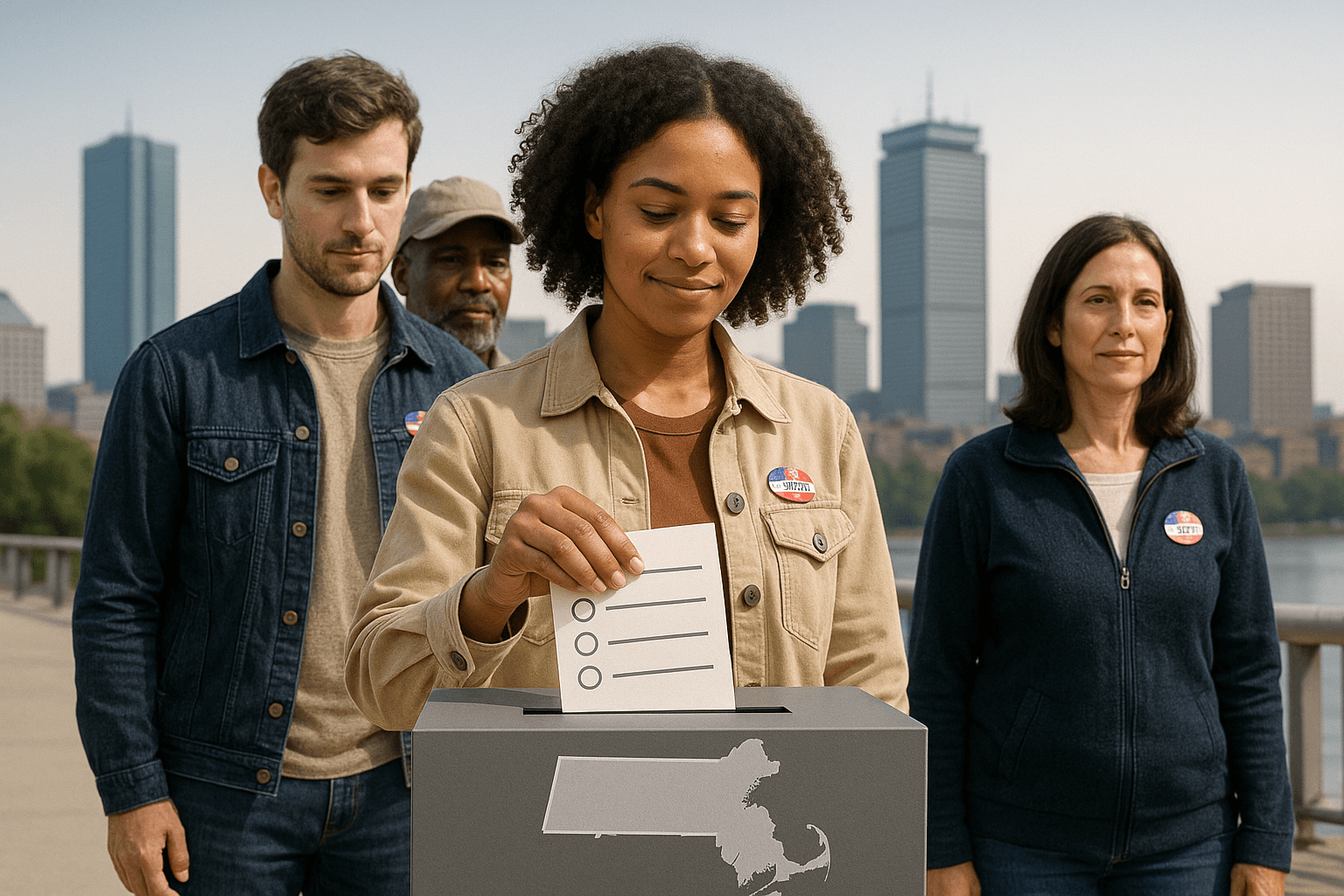Sham democracy: how the media and two-party system stymie competition from independent and third party candidates

Ideological polarization has created an environment in which Democrats and Republicans are virtually incapable of coming to any sort of agreement. However, they almost never disagree when it comes to barring third party and independent candidates from joining in forums and debates, and even from participating in the electoral process by means of highly restrictive ballot access laws.
The reason for this is not difficult to discern. Independent and third party politics represents a threat to the ruling political establishment and the cozy duopoly that forms the basis of the two-party state.
The corporate media are complicit in maintaining and reproducing this state of affairs. Last week, the Florida Press Association and Florida Society of Newspaper Editors held their annual convention, where they hosted a forum for the Sunshine State's candidates for US Senate. Four candidates were invited, Republican-turned-Independent Charlie Crist, Republican Marco Rubio, and two Democrats, Kendrick Meek and Jeff Greene. One would not know it from this line-up, but there are more than seven declared third party and independent candidates for the office, including Libertarian Alex Snitker and Constitution Party candidate Bernie DeCastro, both of whom have qualified for ballot access.
Much to his credit, Snitker attended the forum to protest his exclusion from the event. According to a press release, the Libertarian stepped up to the floor microphone and asked to be included in the forum, but the request was denied by FPA President Dean Ridings who called for security to escort Snitker from the room.
The organization's justification for excluding Snitker from the event reveals how the media actively support the ruling political establishment in the guise of impartial objectivity. Only candidates who had received 10% support in a major poll were invited to participate in the forum. This sounds reasonable enough at first. However, a moment's thought reminds us that third party and independent candidates are rarely, if ever, included in any major polls! The majority of such polls, many of them commissioned by major media outlets themselves, allow respondents to choose between Democrats and Republicans by name, but only offer the choice of "some other candidate" as an alternative.
The Florida Senate race is admittedly something of an exception. Crist's independent candidacy simply cannot be ignored since he is the state's governor. Nonetheless, if inclusion in a forum is conditional upon demonstration of support in major polls, but candidates are excluded by name from those very polls, then this seemingly "objective" criterion of support is nothing more than a fraud by means of which independent and third party candidates are barred from consideration as viable or legitimate alternatives to their Democratic and Republican counterparts.
Unfortunately, in the United States, this is the rule rather than the exception. In April, an independent candidate for governor of Vermont was arrested for interrupting a debate from which he had been excluded. Media reports justified his exclusion by stating that the forum was intended only for candidates who would be participating in the Democratic primary; however, it was later revealed that the Republican candidate was also invited to the event but declined to attend.
In March, a religious 501(C)(3) organization reportedly canceled a scheduled election forum rather than include third party, California gubernatorial candidate Chelene Nightingale in the event. In October 2009, no third party candidates for mayor of New York City were included in debates hosted by major media organizations, and a number were ejected from the venues for protesting their exclusion.
During the 2000 presidential election, Ralph Nader was not only excluded from participating in the debates organized by the Commission on Presidential Debates, he was also physically prevented from entering the venues by private security. The Commission – which is nothing more than a front group for the Democratic and Republican parties, led by former heads of the Democratic and Republican National Committees – excludes all candidates who have not demonstrated 15% support in at least five national polls. Sound familiar?
How much longer will we pretend that the only viable candidates for public office are those forced upon us by the party machines in collusion with the corporate media?
* Editor's note: Having proved instrumental in drafting the recently passed nonpartisan, top two open primary (Prop 14), CAIVP has also publicly challenged the California legislature to remove the onerous ballot signature barriers for Decline to State candidates. If the legislature does not comply by July 2, CAIVP is prepared to file a lawsuit. Read more here.




